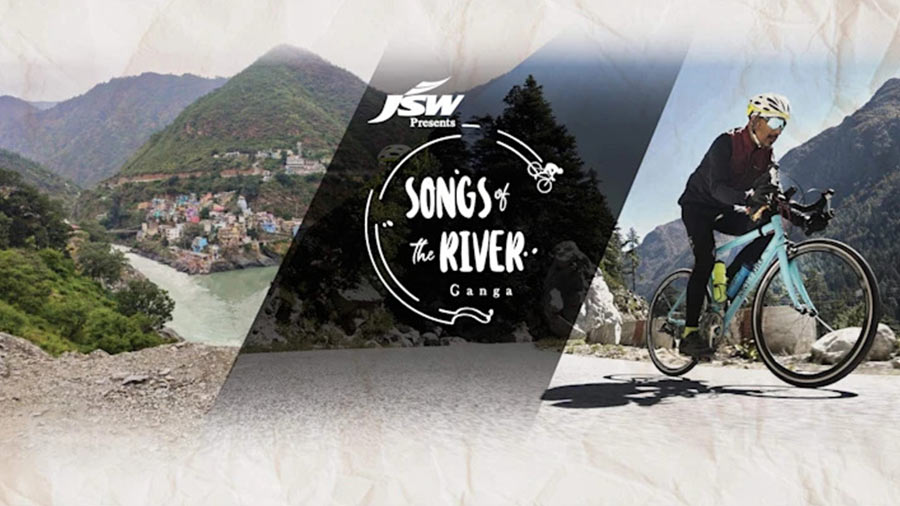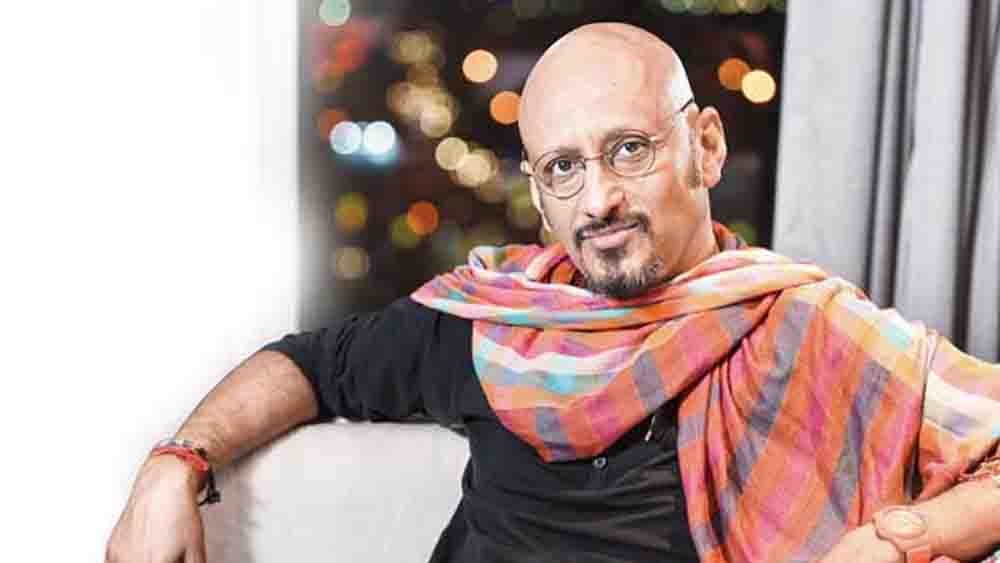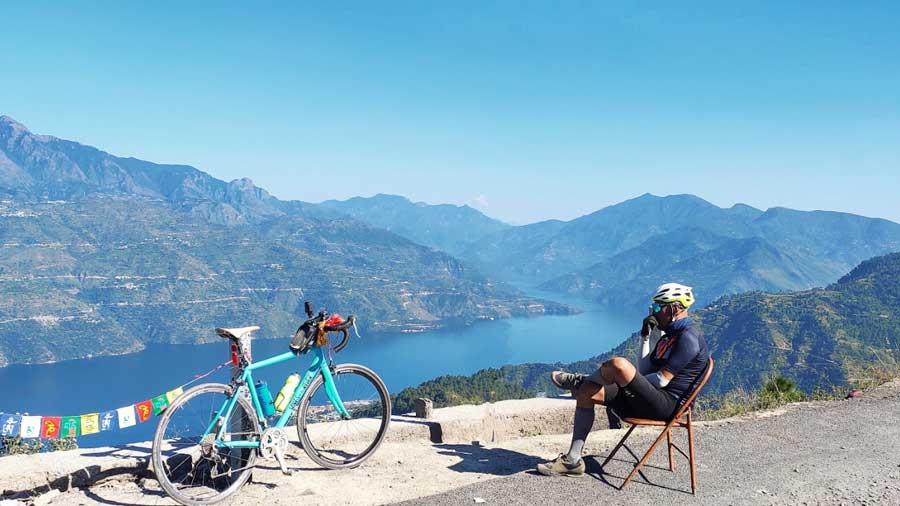It was half-past-four on a nippy November morning. I was standing outside Hotel Kempton in New Market, waiting for Shantanu Moitra to emerge and kick-start the last leg of his monumental cycling expedition from Gomukh to Gangasagar. I had never met Shantanuda before, but like so many others, had seen him countless times on television, with many of his songs being a constant fixture on my Spotify favourites. At 15 minutes to 5am, Shantanuda strode out like a man on a mission. Even at that sunless hour, it was easy to spot his drive and determination. Without wasting much time or words, he was off, his cycle tailed by three cars (one of which had me watching intently). Over the next 12 hours, Shantanuda peddled without much of a pause, before reaching Gangasagar just as dusk was about to die.
In the matter of half a day, I had begun to root for this exemplary man and his equally exemplary cause — that of discovering and uniting India through his humanity and his art. Witnessing him culminate his quest made me grateful and proud. Now, some nine months later, I have just seen how the rest of Shantanuda’s journey unfolded, thanks to a one-of-a-kind documentary, Songs of the River, currently streaming on Disney+ Hotstar.
Discovering the soul of India
Shantanuda’s expedition starts off as a passion project that he has spent three years preparing for. Due to the passing of his father (as a result of Covid) just months before he is to begin cycling from Gomukh, his journey is animated by the need to find closure and pay homage to his idol. Then, with his plan for Ananth Yatra, wherein he pays tribute to all those who lost their lives to the pandemic, an already special endeavour assumes an extra layer of magnitude and responsibility.
Considering all these threads, one might assume that Songs of the River becomes convoluted and emotionally saturated. The reality is anything but. Across its six episodes, the narrative, much like Shantanuda’s cycle, glides along, occasionally meandering in search of meaning but always finding it — not just through the places, people and experiences along the way but through the discovery of the soul of India.
Celebrating extraordinary stories of ordinary Indians
Watching Songs of the River is about observing what makes India and Indians unique. From artists who spread messages of social solidarity through street plays to conservationists protecting rare species, from kids who can raft effortlessly (while adults struggle) in treacherous weather to India’s only female undertaker, the show narrates and celebrates extraordinary stories of ordinary Indians with as much sincerity as Shantanuda’s own trials and triumphs.
An ode to art and the process that makes it
One of my favourite parts of Songs of the River comes in episode five, a large chunk of which is set in Murshidabad. Just like in the other episodes, Shantanuda uses his surroundings and his experiences from the expedition to compose a song that captures one of the many moods of the Ganga. Collaborating with him are Kaushiki Chakraborty and Ambi Subramaniam. Watching these three stalwarts go about composing a song that mixes traditions from around the world with moments of improvised genius makes for fascinating viewing, underlining how Songs of the River is, at its heart, an ode to art and the process that makes it.
Surely, no other artist in the history of the world has spent 3000km on a cycle battling dust, fatigue, traffic and, most of all, a nagging sense of uncertainty, and parallelly produced art while at it. Through Songs of the River, Shantanuda has shown how artistic inspiration can truly be found in every nook and corner of India, only if one has the will to find it.
The biggest strength of ‘Songs of the River’ is that it does not take itself too seriously
Taking in the final episode of Songs of the River felt rather peculiar. After all, I had seen most of the episode unravel in real life. Having said that, the show not only does justice to the conclusion of the journey by sticking to its proven formula of less is more, it never loses sight of its wider purpose. Unlike most personal documentaries, Shantanuda never becomes larger than the story, let alone life. His own quest, which he fulfils just in time for sunset at Gangasagar, is wedded seamlessly with the course of the river and everything it entails. There is no emotional grandstanding, no overplay of sentiment and no forceful dramatisation. Even the part where Shantanuda meets with an accident on the road and is injured is depicted as an inevitable element of a risky undertaking. Like so much else in the show, it also passes as naturally as it comes.
The biggest strength of Songs of the River is that it does not take itself too seriously. Despite its vast scale and ambition, it feels seamless, neither contrived nor confusing, but frequently compelling. Looking at Shantanuda throughout the show, one can imagine the thoughts swirling in his head that are never articulated, especially when he and his cycle seem locked in a race against time. When he does speak, Shantanuda is as powerful as he is poignant.
The overwhelming impression I had was one of togetherness and synergy
An underrated facet of the show that viewers might not initially expect is its sense of humour, particularly in the last two episodes where we get to meet Shantanuda’s team in earnest. The interactions among the crew members add context and character to the story and I personally would have preferred a lot more of it in the first few episodes, too.
In the two days that I had spent with Shantanuda and his team last year, the overwhelming impression I had was one of togetherness and synergy. The way Shantanuda would joke with someone at breakfast or the numerous stories that the crew members shared about each other — from who was given his nickname by Gordon Ramsay to who ate the most laddoos — may not have made it to the final cut of Songs of the River, but the larger sense of camaraderie definitely does. Not only is the entire team acknowledged and involved in the show, but even the viewer is included in their own vicarious journey to discovering art, India and life.
That, for me, is the enduring legacy of Songs of the River, a project born out of one man’s idea to compose music that culminates as a window into the composition of an entire country and its culture.


